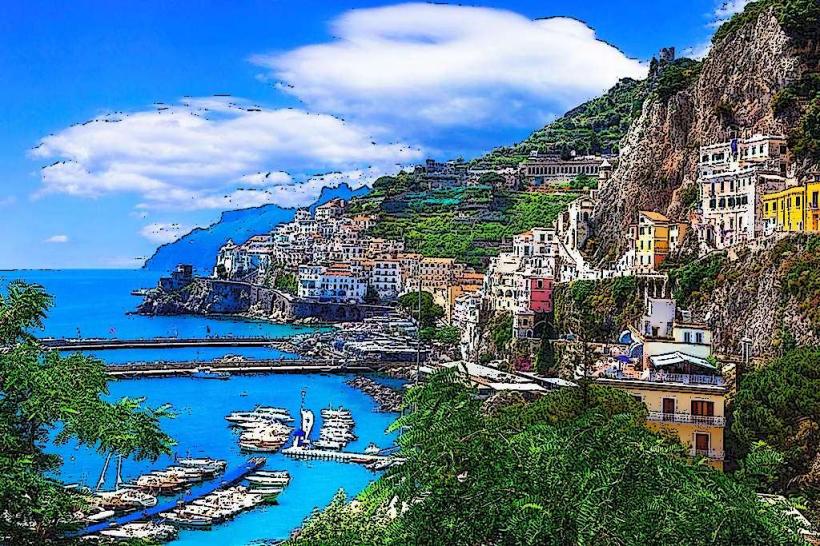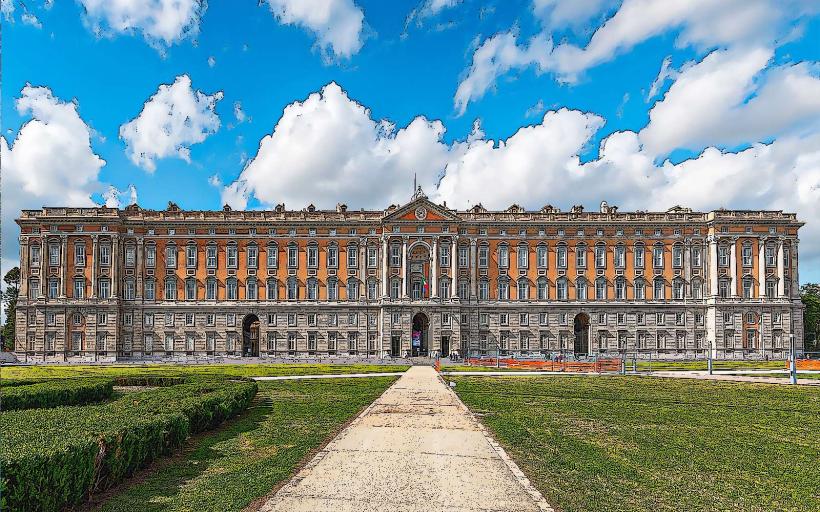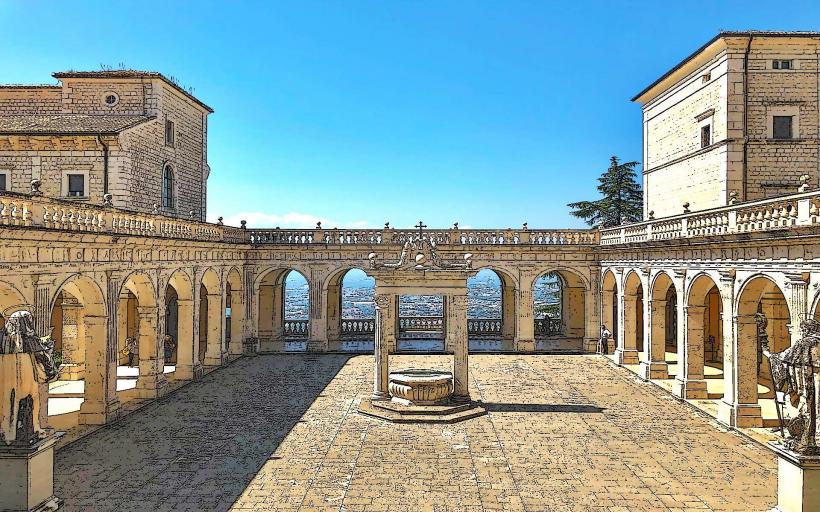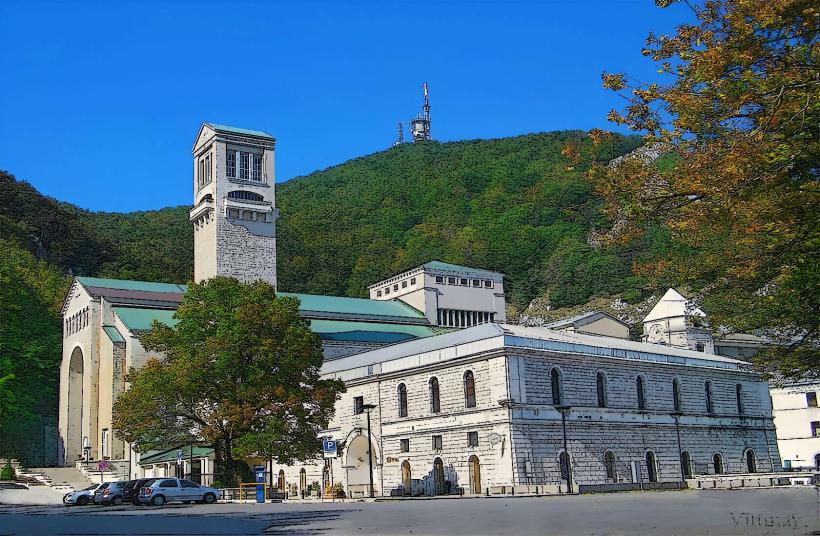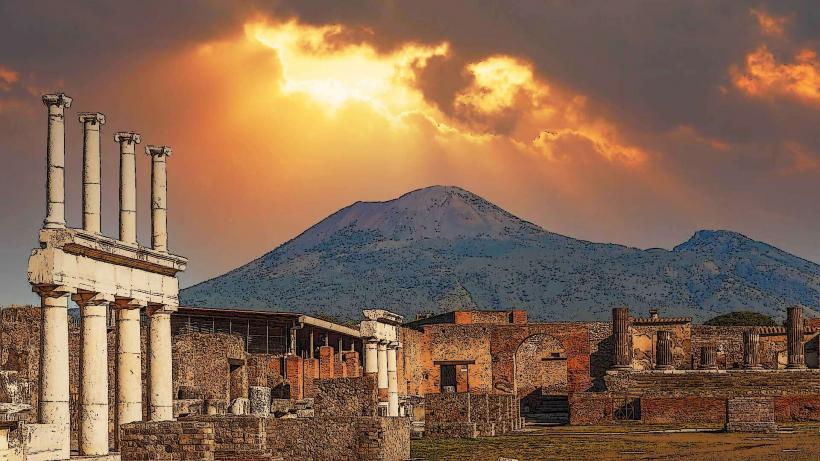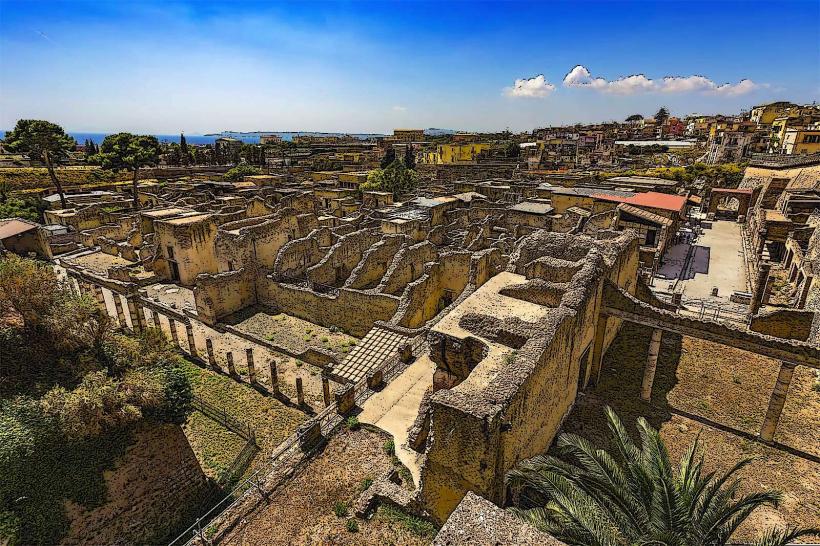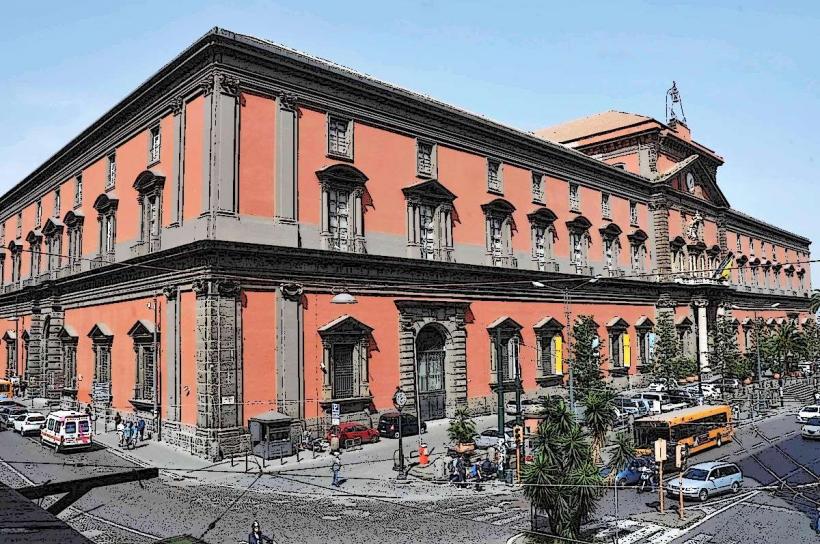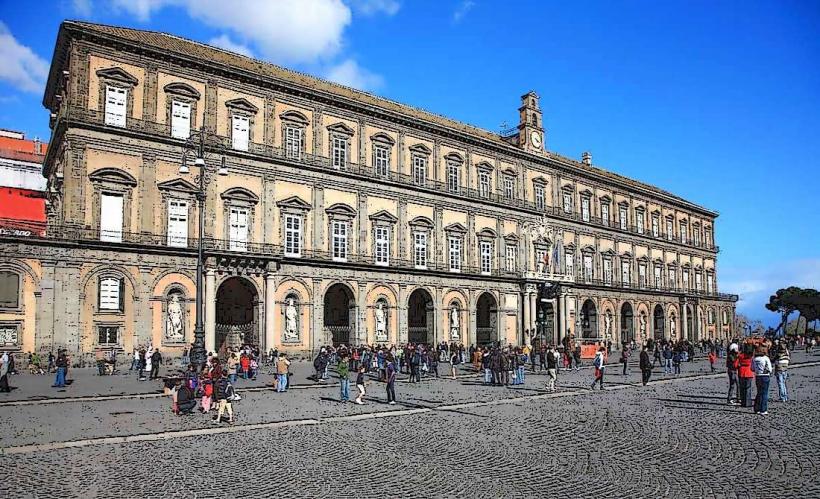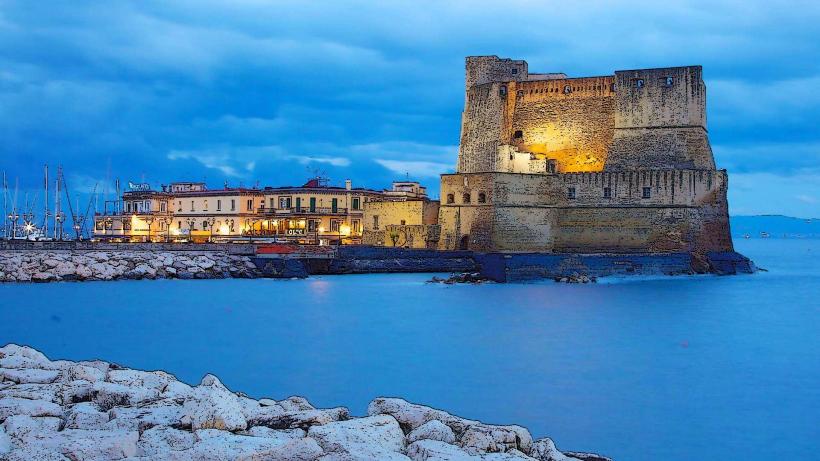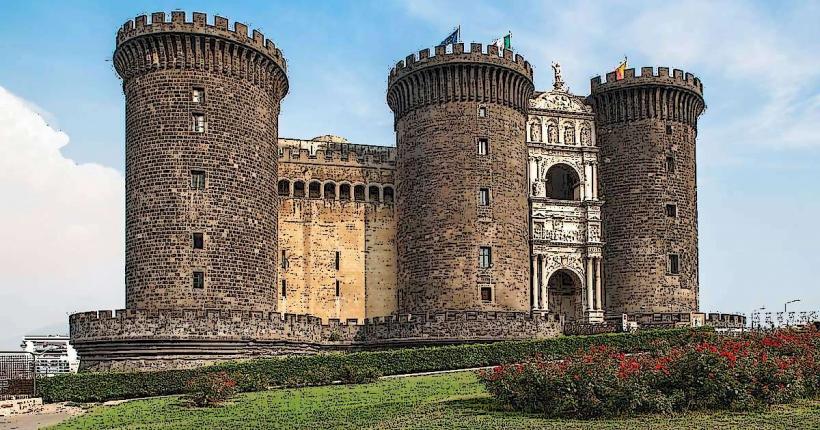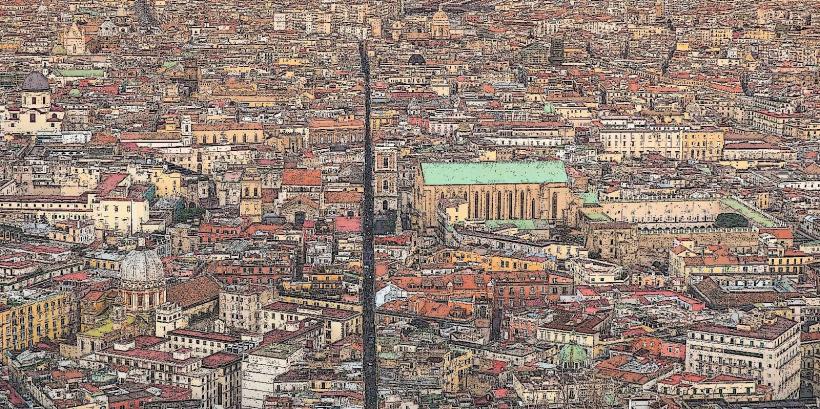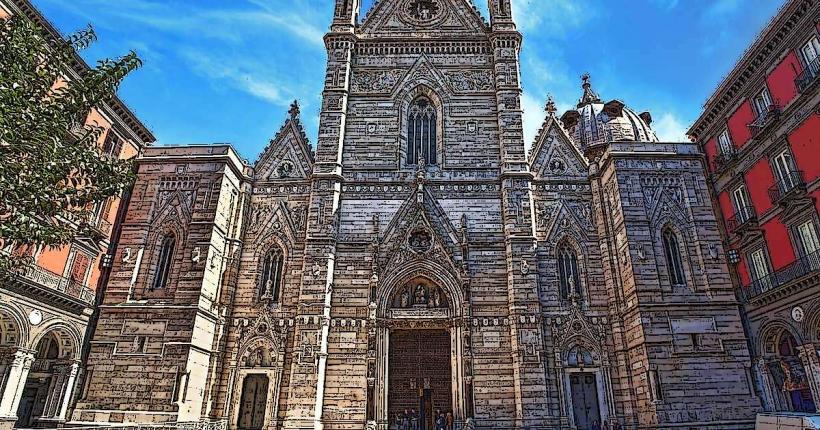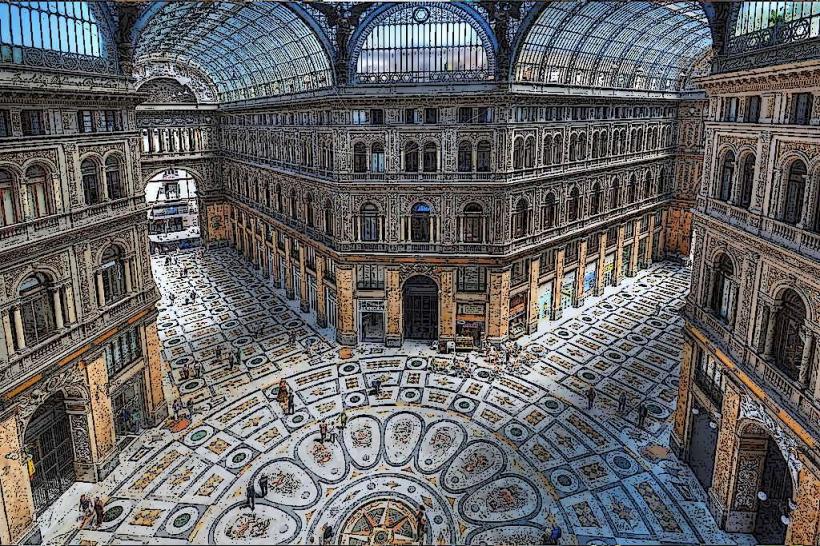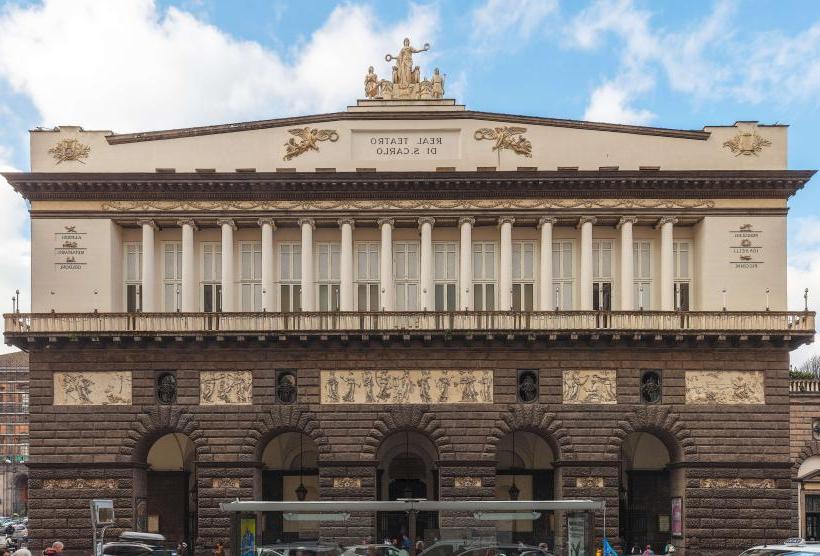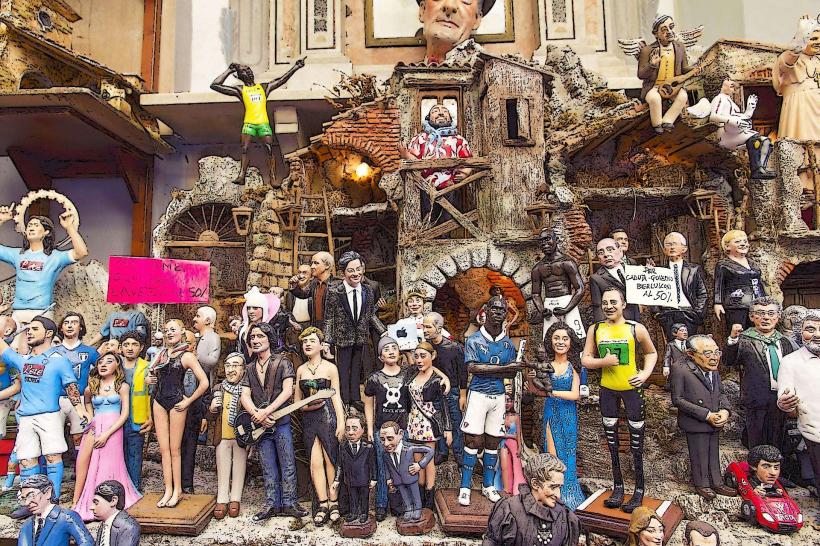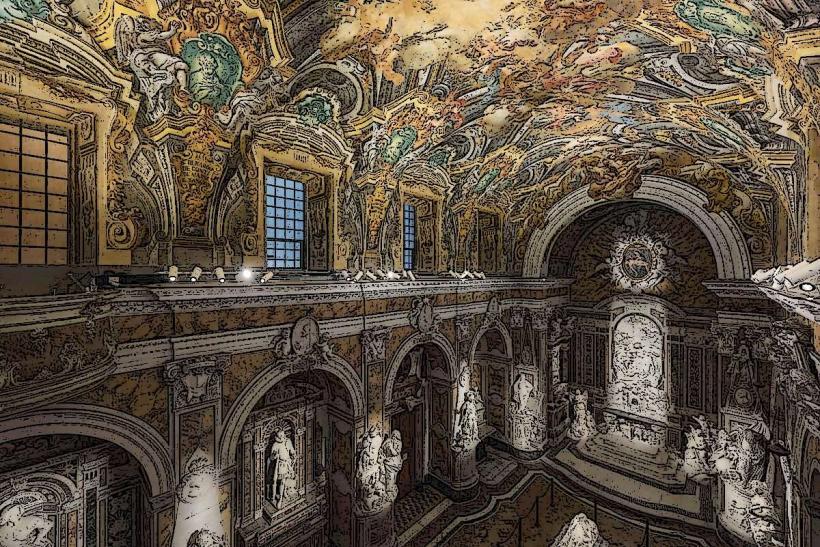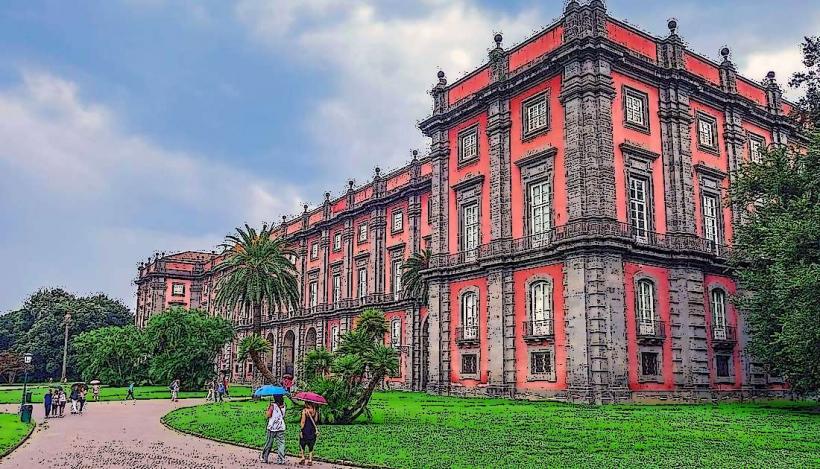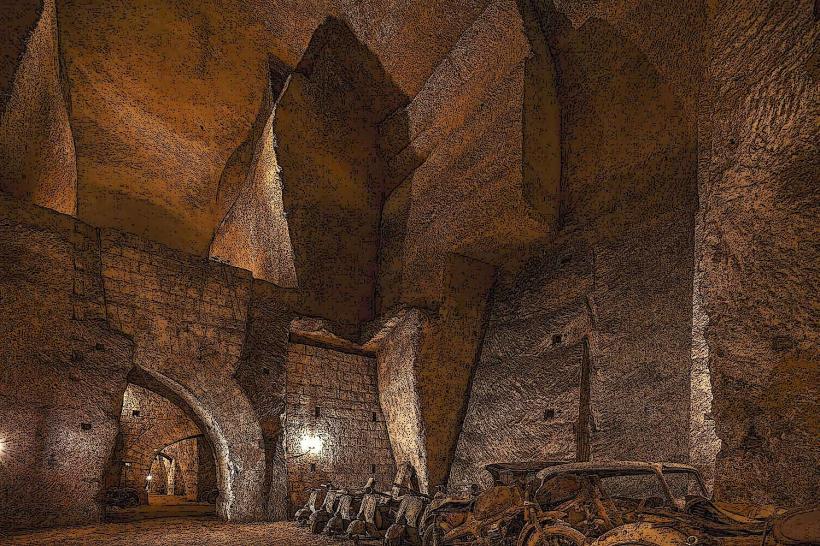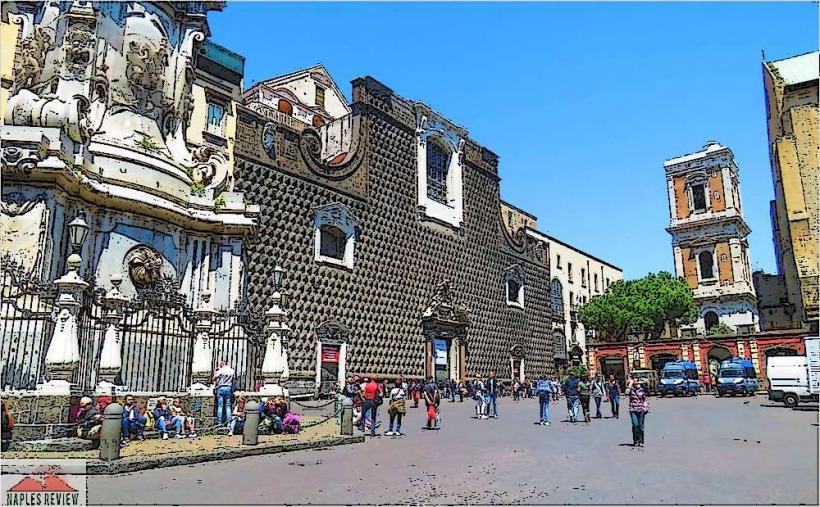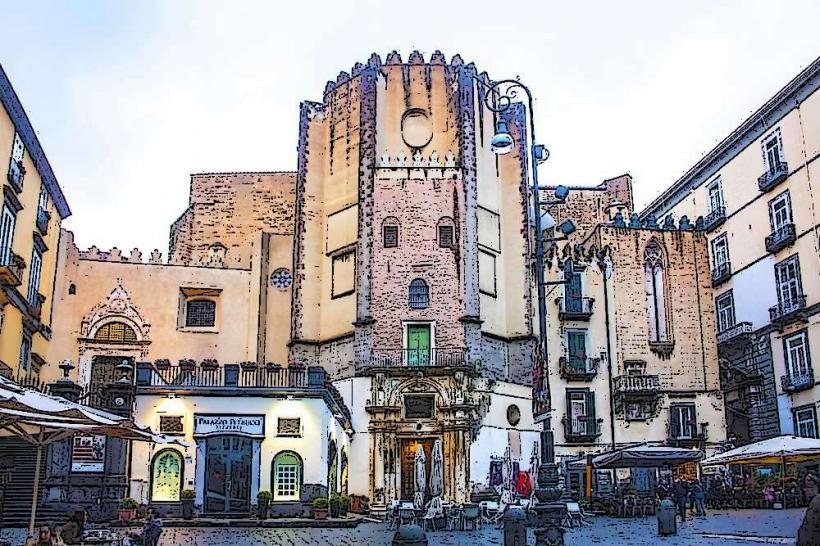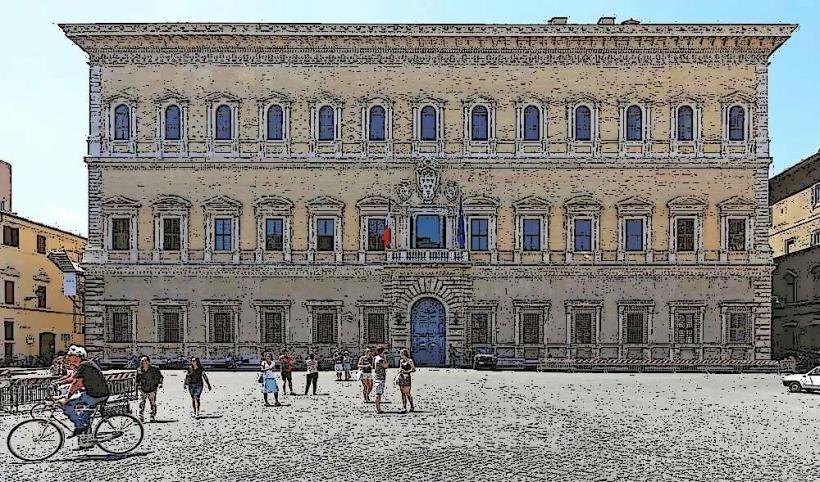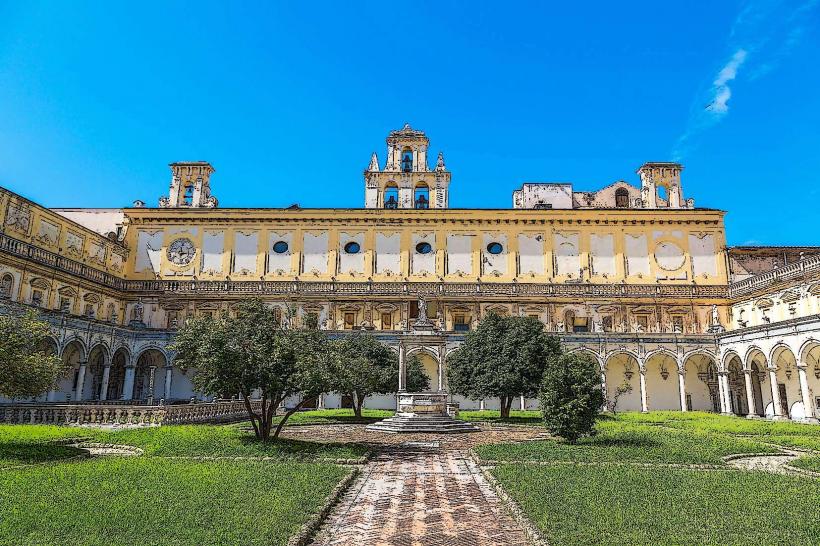Information
Landmark: Piazza del PlebiscitoCity: Naples
Country: Italy
Continent: Europe
Piazza del Plebiscito, Naples, Italy, Europe
Piazza del Plebiscito is the largest public square in Naples and one of the largest in Italy. Located in the heart of the city, it serves as the primary venue for large-scale events, concerts, and political demonstrations.
Visual Characteristics
The square is a massive semi-circular pedestrian area. Its architecture is defined by the contrast between two monumental structures: the Royal Palace (Palazzo Reale) on the eastern side and the Basilica of San Francesco di Paola on the western side. The Basilica is flanked by a semi-circular Doric colonnade that sweeps around the square. Two equestrian statues-depicting Charles III of Bourbon and Ferdinand I-stand prominently in the center.
Location & Access Logistics
Address: Piazza del Plebiscito, 80132 Naples.
Public Transit: Metro Line 1 (Yellow) to "Municipio" or "Toledo." It is also accessible via the Central Funicular (Funicolare Centrale) exiting at "Augusteo."
Entry: The square is a public space and is free to access 24/7.
Logistics: The surface is paved with traditional Neapolitan "sampietrini" (lava stone blocks). It is almost entirely pedestrianized.
Historical & Urban Origin
The square's current layout was initiated by Joachim Murat (Napoleon's brother-in-law) in the early 19th century as a tribute to the Emperor. After the fall of Napoleon and the restoration of the Bourbons, King Ferdinand I completed the project but converted the central building into the Basilica of San Francesco di Paola as a votive offering. The name "Plebiscito" commemorates the 1860 plebiscite that brought Naples into the unified Kingdom of Italy.
Key Highlights & Activities
Basilica of San Francesco di Paola: A Neoclassical church modeled after the Pantheon in Rome, featuring a 53-meter high dome.
The Royal Palace: The former residence of the Bourbon monarchs, now a museum (entrance fee required for the interior).
Palazzo della Prefettura & Palazzo Salerno: Two symmetrical buildings that frame the square's northern and southern sides.
Gran Caffè Gambrinus: Located at the corner of the square, this historic literary cafe is a landmark of Neapolitan "Belle Époque" culture.
Infrastructure & Amenities
The square is a major urban hub. 4G/5G signals are excellent. While there is no shade within the square itself, the surrounding streets (Via Chiaia and Via Toledo) are dense with cafes, shops, and restaurants.
Best Time to Visit
Sunrise: For a clear, unobstructed view of the architecture and the silence of the city.
Evening: The square is brilliantly illuminated at night, and it becomes a central gathering point for locals.
Facts & Legends
A popular local challenge involves trying to walk in a straight line between the two equestrian statues starting from the door of the Royal Palace while blindfolded. Due to the slight slope of the pavement, most participants inadvertently veer off course.
Nearby Landmarks
Teatro di San Carlo: 0.1km North
Galleria Umberto I: 0.2km North
Castel dell’Ovo: 0.8km South (via the waterfront)
Via Toledo (Shopping street): 0.2km North

